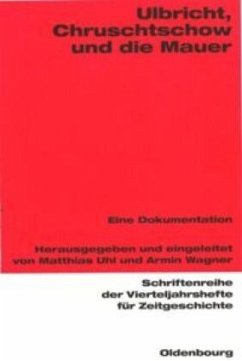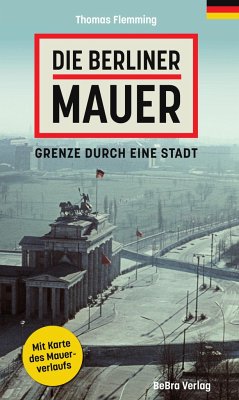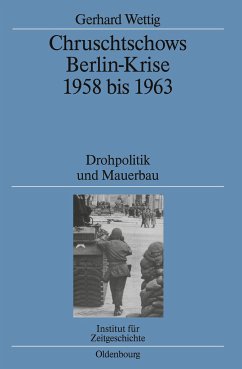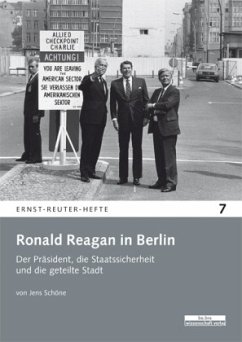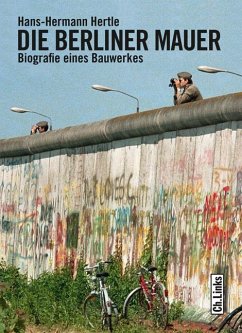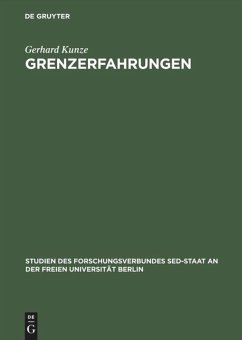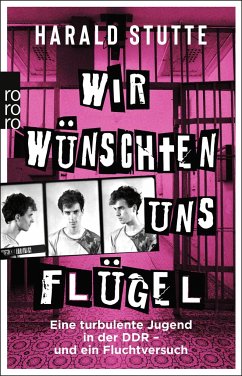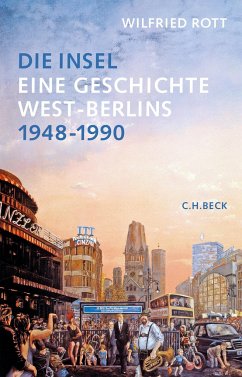
Das Berliner Grenzgängerproblem
Verflechtung und Systemkonkurrenz vor dem Mauerbau

PAYBACK Punkte
0 °P sammeln!
By addressing the problem of Berlinâ??s cross-border commuters, the author traces a hitherto largely neglected phenomenon in contemporary history. Until the building of the Berlin Wall, numerous inhabitants of the divided city worked in their â??otherâ? Berlin. However, the Cold War and conflicting economic systems made commuting across the Iron Curtain a problem that plunged many into conflict and was symptomatic like no other of the tensions in the divided city. This account opens a new window on a time of extraordinary challenges in politics and everyday life.
Zwischen West- und Ost-Berlin gab es aufgrund der intersektoralen Freizügigkeit bis zum Mauerbau ein Pendeln von Arbeitnehmern. Dieses Phänomen der Grenzgänger, als Kategorie städtisch-regionaler Verflechtung per se integrativ, erwies sich unter den Bedingungen von Systemkonkurrenz und Kaltem Krieg jedoch als Potential von Konfrontation und Spaltung. Roggenbuchs politikgeschichtliche Analyse differenziert das Grenzgängerproblem unter Einbeziehung wirtschaftlicher und sozialer Aspekte erstmals umfassend aus. Untersucht wird, wie und mit welchen Zielen das Problem einschließlich seiner Konsequenzen durch die Politik geregelt sowie Instrumentalisiert wurde und wie es seinerseits - oft unerwünscht - auf sie zurückwirkte. Dieser Fokus liefert neue Erkenntnisse über Möglichkeiten und Grenzen der Politik in der Konkurrenz der bis 1961 noch "offenen" Systeme im Verflechtungsraum Berlin. Pars pro toto zeichnet die Studie mithin den politischen und politisierten Alltag jener Zeit, das Leben der Berliner und ihre Verhaltensweisen im Spannungsfeld der Systeme nach. Nicht zuletzt führt die primär anhand unbekannten Archivmaterials erarbeitete Darstellung bisher nur fragmentarisch oder polemisch abgehandelte Gesichtspunkte zusammen und bewertet sie neu.




